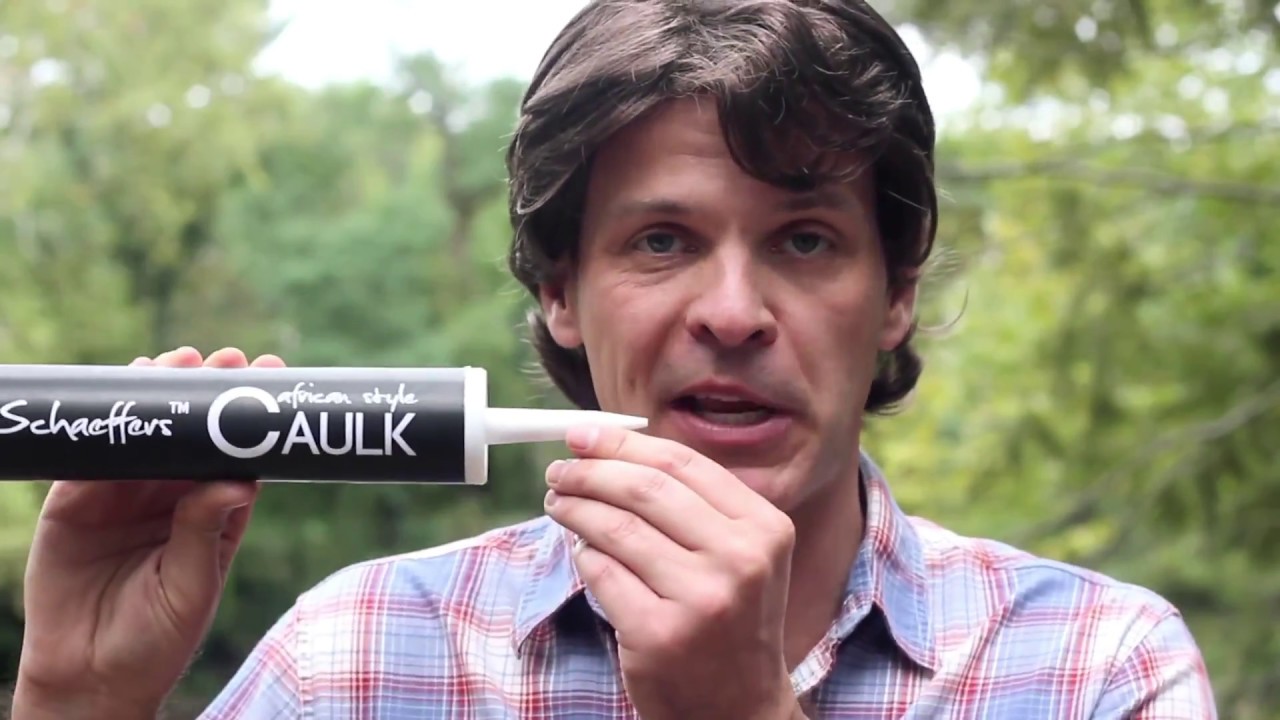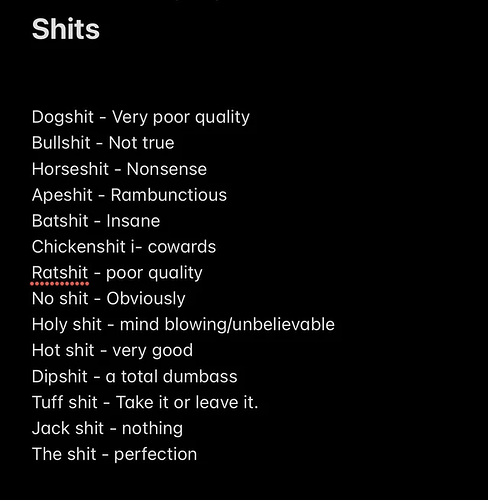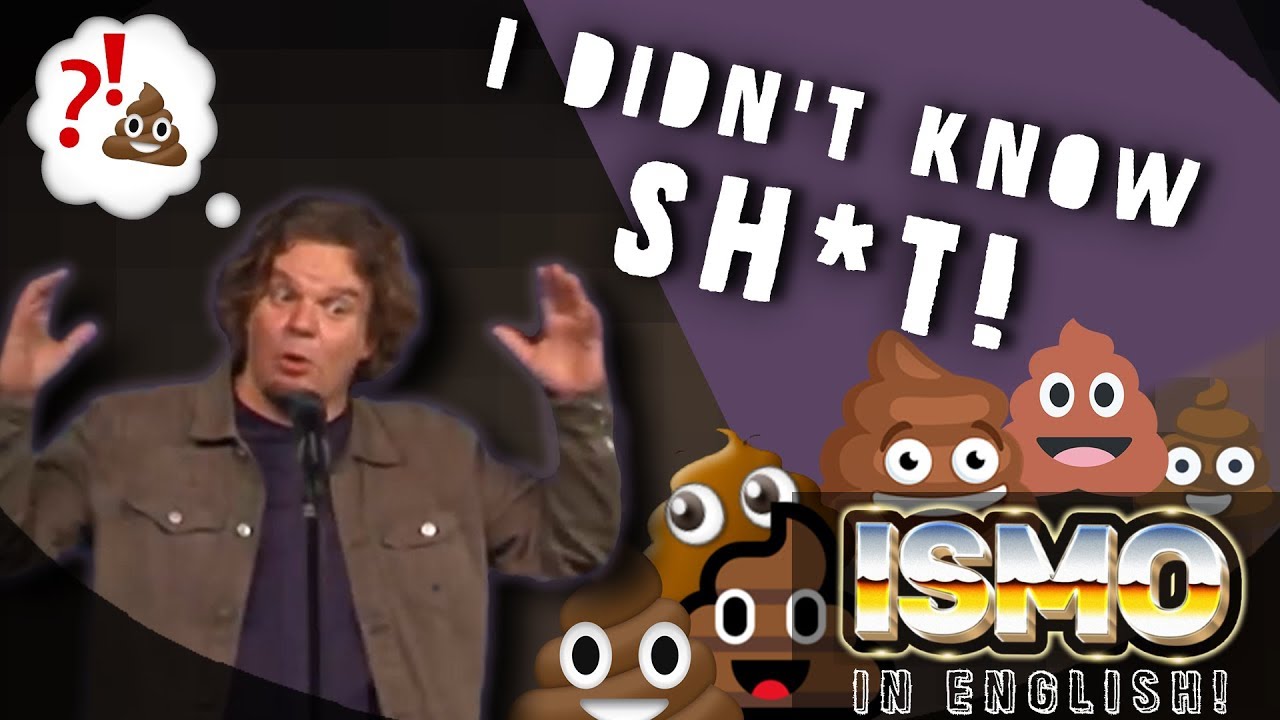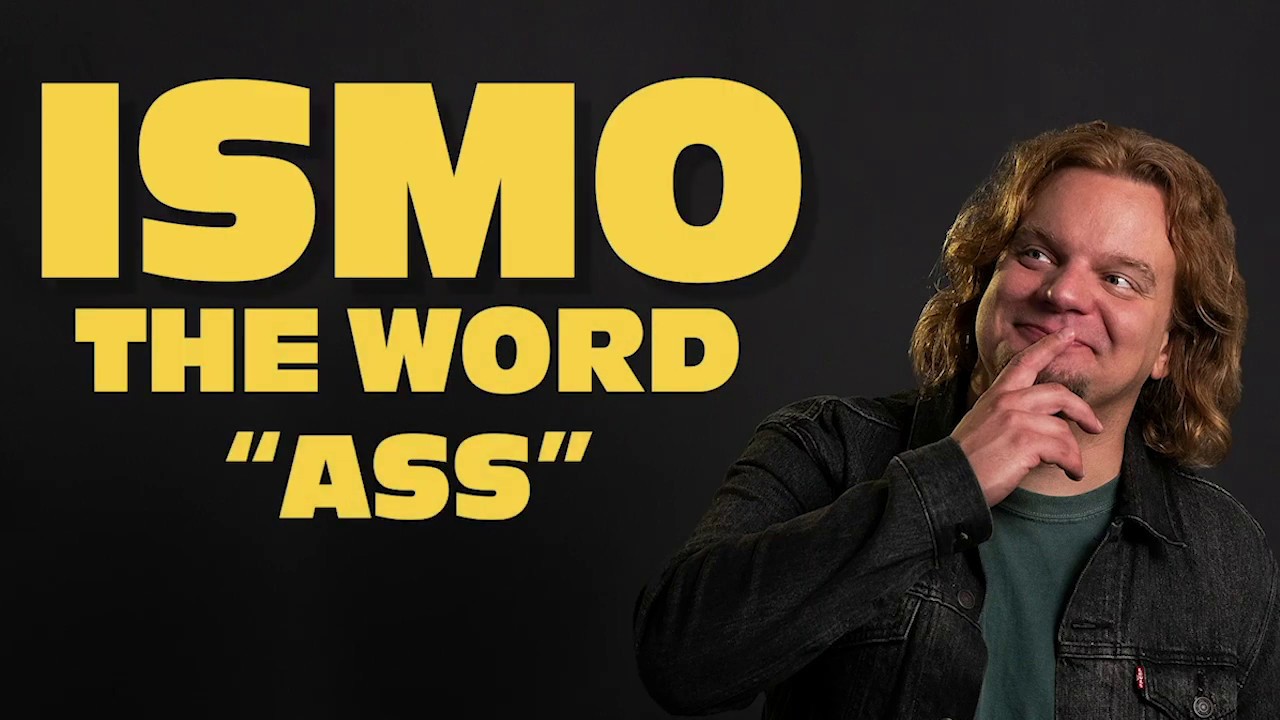I’m not sure it had a proper name. This was in a very small town in Sweden.
I must be missing something, because in my opinion those are the same number of syllables…
Hmm. Oversimplification on my part (or I’m using the wrong terms… probably both).
“Yonge” should be pronounced “Yah-on-juh”, but is pronounced “Yon-guh.” Toronto should be pronounced “Tor-on-toe”, and is instead pronounced “Toh-an-nah” or “Tor-an-ah” depending on who you are talking to. Occasionally “T-dot,” “Hogtown,” or “The GTA.”
I’m sure you didn’t post that looking for a Japanese lesson, but nevertheless, here’s my quick and dirty particle guide:
Ha (sounds like wa): after subject/topic
Ga: after new/unknown subject, before a “can” verb
Wo (sounds like o): before other verbs
He (sounds like e)/ni: before destinations, this one yeah, too many specifics to go into which is correct
After Flüsterpost, I thought about another fun word…
Sollbruchstelle
Famously used for Eierschalensollbruchstellenverursacher
„Sollbruchstelle“ is the place where something is supposed to break ![]() Mostly intentionally…
Mostly intentionally…
To type on my phone I usually swipe which keeps impressing some of my friends because they just thumb-type everything? Today I am happy to report I swiped my so far longest word on first attempt:
Lieblingsgeschmacksrichtung
I am surprised that the keyboard even knew this was a word as I could have sworn I made it up… I was asking a friend what type of cake I should get her. So that means “what is your favorite flavor range”. Geschmack is flavor and adding richtung broadens the word to mean a whole range of flavors… and Lieblings is just a prefix that means favorite. So a possible answer would have been “something citrus” or “berries” or chocolaty but probably not “that one specific hazelnut milk cake they have”
I thought you’d enjoy the word.
Ah, broken up like that even makes sense… This brings me terrible memories of trying to read directions for a small village in Germany while driving in the middle of the night…
"What was that sign??
“No idea, it was 17 hundred letters long…”
I got a new word for you.
Sonderlocke
Direct Translation: “special curl” (curl as in tress of hair)
Pronounciation Note: the final ‘e’ is spoken as an “uh” sound kind of.
Meaning: We say “Die Abteilung braucht mal wieder eine Sonderlocke” - “that department needs yet another special treatment”
In code this means we program a piece just for one very special case that should not need different treatment but someone wants it despite that.
It is also used to signal that someone/some organization is doing something different from everyone else. It is often suggested that this special treatment is without necessity causing extra work for everyone else and making things more complicated.
There are also a lot of other words you can prefix with “Sonder-” to give them that “Special” meaning. (Sonderrolle, Sonderstatus, Sonderfall, Sondervorrauszahlung, Sonderweg, Sonderkommando)
Other words with the same basic word “stem” are
- sonderbar – weird
- sonderlich – odd or eccentric
- Sonderling – an eccentric person, or a cranky person
- besonders – extra or special (adverb, usage “besonders gut/schlecht” → especially good/bad)
- absondern – to isolate or exclude
Until a few years ago, I think the English would have been “special snowflake” (from the idea that each snowflake is unique), but now that’s taken on political shades. “He’s a bit special” is a euphemism ultimately, I think, derived from Special Schools, one of the many names given over the years to schools for children with (mental) problems.
Not all the words with “sonder” in it are derogatory but Sonderlocke definitely carries a G’schmäckle (a taste of something with the implication of it being bad)
In general though “sonder” can be both good or bad it really depends on who is saying it in what context and tone.
Oh sure, and in English a lot of it is done with tone of voice. (I have had demonstrated to me by an Australian multiple shades of “mate”, from “I thought you were dead, welcome back” to “outside, now, bring a knife”.)
Also of course this:
(I got it from Iron Spike (@Iron_Spike): "I'd like to personally apologize to the ESL folks on behalf of all native English speakers But much like Japan's three alphabets, this must be memorized to truly achieve total fluency"|Birdsite, you can change that to a Twitter link if you like.)
Ratshit is the only one I am not familiar with. I’ve seen all the other shits at some point somewhere ![]()
I’m tempted to create a “sonderlocke” tag for our gitlab boards to help me keep track of that nonsense…
“It’s a German technical term, part of the new Strohhaus methodology.”
And of course look up comedian “Ismo” on YouTube for a study of the many US versions of “-ass” (badass etc) and -sh*t from the point of view of someone learning the language.







